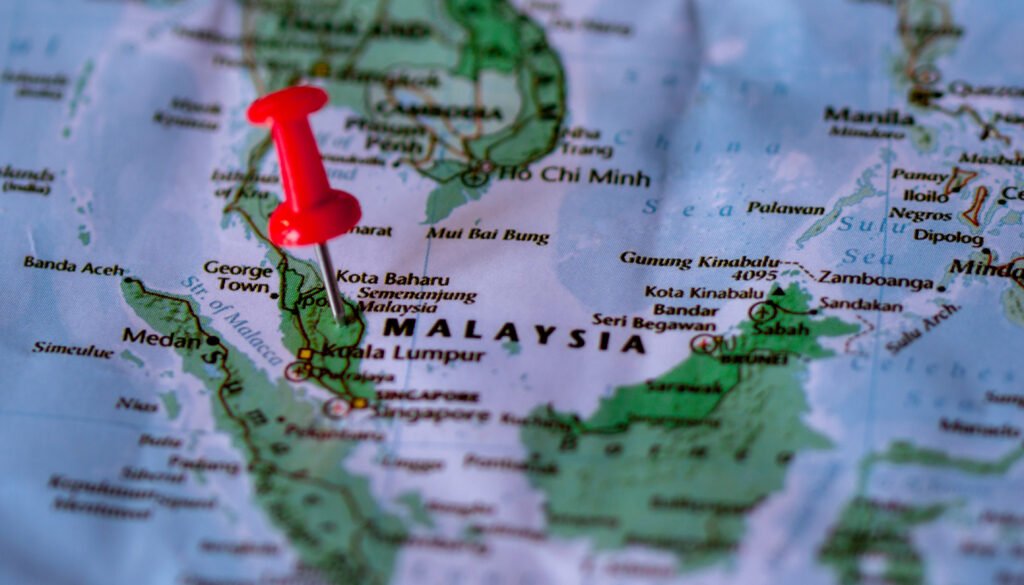The Malaysian Palm Oil Council (MPOC) implements Malaysian Standard MS2530:2022 series (commonly known as MSPO 2.0) as a part of the mandatory palm oil sustainability scheme ‘MSPO Certification’ on January 1, 2025. The standard mandates farmers and refiners in greenhouse gas emissions, energy consumption and waste management, while products that comply with the standard will be audited and awarded MSPO certification. MSPO 2.0 now has more stringent requirements in line with increasing global sustainability awareness. The document that mandated the MS2530:2022 series “MSPO Certificate Scheme Document 2023” was published in 2023, where a transition period was provided until December 31, 2024.
The latest MSPO 2.0 now has the following main changes:
- Measurement of greenhouse gas emissions
- Criteria on high conservation value areas
- Enhanced criteria on social responsibility
- Compliance with guidelines related to worker’s rights
The predecessor to this standard, MS2530:2013, was first introduced as a voluntary standard in 2015 and was made mandatory in 2019. Since the introduction of the European Union’s Deforestation Regulation in 2023, the major palm oil producing countries such as Malaysia and Indonesia have suffered a major blow to its industry under many embargo on palm oil products into EU region. The nation’s Minister of Plantation and Commodities had stressed the importance of MSPO 2.0 for the sustainability and reliability of Malaysian palm oil in the global markets.
The MS2530:2022 series comprise the following parts:
- MS 2530-1:2022
Malaysian Sustainable Palm Oil (MSPO) – Part 1: General principles (First revision) - MS 2530-2-1:2022
Malaysian Sustainable Palm Oil (MSPO) – Part 2-1: General principles for independent smallholders (less than 40.46 hectares) (First revision) - MS 2530-2-2:2022
Malaysian Sustainable Palm Oil (MSPO) – Part 2-2: General principles for organised smallholders (less than 40.46 hectares) - MS 2530-3-1:2022
Malaysian Sustainable Palm Oil (MSPO) – Part 3-1: General principles for oil palm plantations (40.46 hectares to 500 hectares) (First revision) - MS 2530-3-2:2022
Malaysian Sustainable Palm Oil (MSPO) – Part 3-2: General principles for oil palm plantations (more than 500 hectares) - MS 2530-4-1:2022
Malaysian Sustainable Palm Oil (MSPO) – Part 4-1: General principles for palm oil mill including supply chain requirements (First revision) - MS 2530-4-2:2022
Malaysian Sustainable Palm Oil (MSPO) – Part 4-2: General principles for palm oil processing facilities including supply chain requirements - MS 2530-4-3:2022
Malaysian Sustainable Palm Oil (MSPO) – Part 4-3: General principles for dealers including supply chain requirements
References
- Information on MSPO 2.0
https://mspo.org.my/ms25302022 - MSPO Certificate Scheme Document 2023
https://static1.squarespace.com/static/604db3a6dad32a12b2415387/t/64c8822aa297960fa71260f3/1690862127814/CERTIFICATION+SCHEME+DOCUMENT_28032023_Final.pdf
 Malaysia Implements Mandatory Palm Oil Standards Starting 2025
Malaysia Implements Mandatory Palm Oil Standards Starting 2025 

























